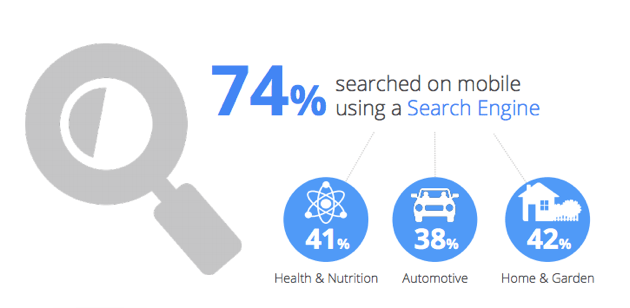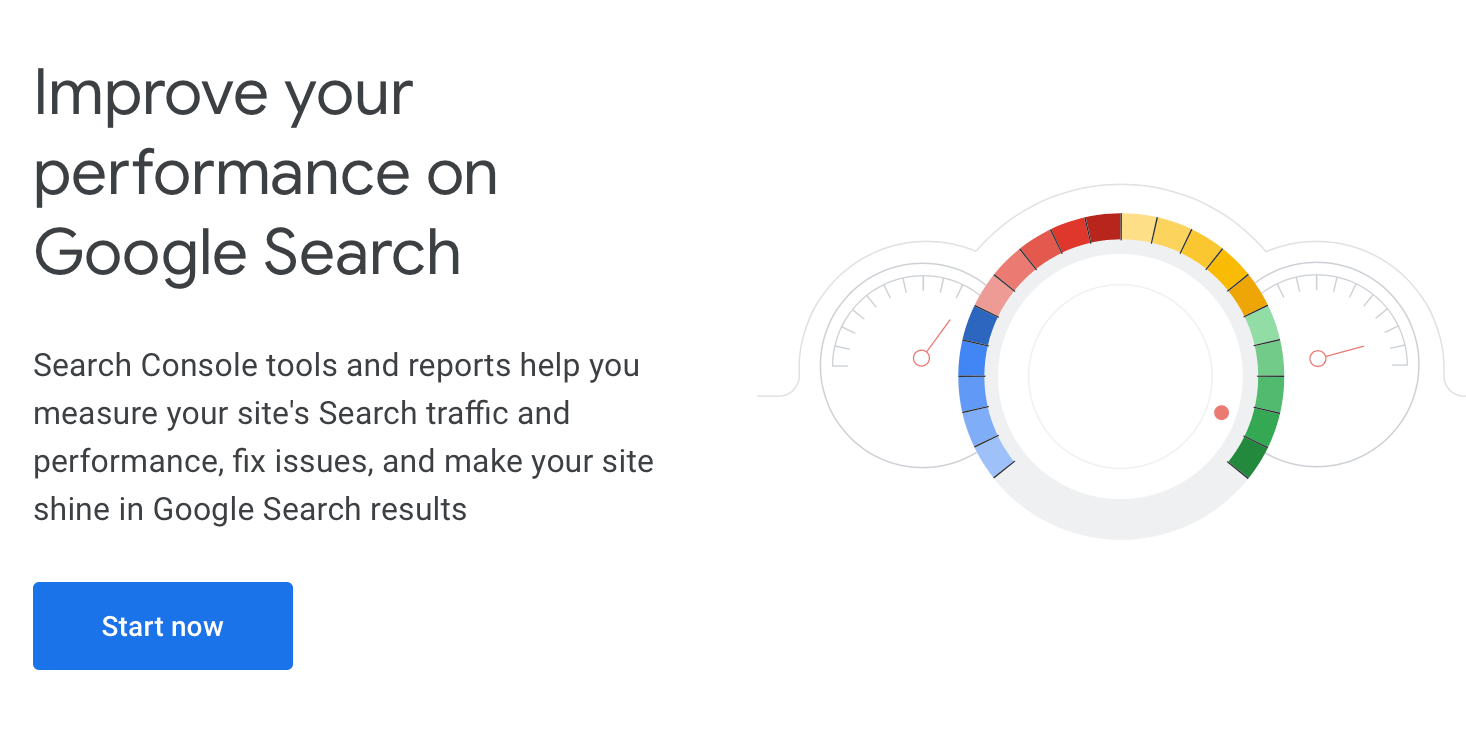Many people believe that SEO is hard but this is not true. Basic SEO configurations are very easy to implement and sometimes this is all you need to do to for maximum exposure on all major search engines.
If you are looking for a quick guide with simple but yet effective SEO tips then you are on the right page, read on!
1. Optimize your titles, URL and descriptions
This is probably the oldest tip in the SEO industry but it is still the most important. Have a look at the examples below and ask yourself these questions:

- Which one is more descriptive?
- Which one is catchy and friendlier to the user?
- Which one gives you a very good idea of what the website is about without clicking?
- If you saw both in the search results, which one would you choose?
I am sure that the ‘first example’ is your answer to the above questions and this is expected because it presents:
- A unique and meaningful title
- A catchy description
- A well formatted URL
Examine your website using this way of thinking and if there is room for improvement in your titles and descriptions, this is your first priority and a great first step for getting better rankings.
The page titles and descriptions are shown in the search results, so take this opportunity and ‘advertise’ your website to potential users, in the best way possible.
These three guides will help you go through this process:
2. Provide useful and fresh content

One of the reasons you have a website or blog is to provide content to build an audience, keep your existing readers happy or gain new customers.
By content we mean anything from articles, videos, infographics, slideshows, music, comments, reviews or anything else that is suited for your niche.
If your content is static, old or out of date then most probably your visitors will go away quickly and never come back.
What is your first reaction when you visit a website that has out-of-date content? It’s exactly the same as the users visiting your website.
A couple of years ago we used to say to our clients that updating was not a very important SEO factor but this has changed due to the competition.
There is big competition in every keyword you search and those websites that have the most useful and fresh content, have more chances of winning the race.
Does this mean that you have to post new content daily? Not necessarily. Your publishing strategy depends on a number of other factors as well.
3. Improve your website’s loading time

If this is the first time you are reading that page speed is important for SEO then soon after reading this post you should do whatever is needed to improve the loading time of your website.
If you have read about this before and have not yet done anything about it, you are doing a big mistake.
Because this is important I will keep it simple:
Page speed is an SEO ranking factor – if you have two similar websites and the one is faster than the other, you can expect that it will also rank higher (provided that other things are equal).
Faster websites generate more conversions – This means more sales, more RSS subscribers and more clicks on your ads (if you are using Adsense for example).
More page views – When a website loads fast users are likely to visit more than one page before they leave.
How can you improve the speed of your website? I know that it is not an easy task especially if you are not a technical person but it is important to handle page speed without further delays.
When working on clients websites page speed is among the first things we handle and the results in terms of conversions are sometimes immediate.
If you cannot afford to hire an SEO expert or a developer to make your web site load faster, what you can do is the following:
- Remove big images
- Remove unnecessary JavaScript files
- Use sprites instead of small images to minimize http redirects
- Move to a faster hosting provider
- Use a Content Delivery Network (CDN) service
- Use these resources from Google for more tips and tools
4. Make sure that your website is mobile friendly

There are many reasons as to why your website should be mobile friendly.
First and foremost is the fact that most of your users are coming from mobile. If you go and check your Google Analytics reports and especially the “Mobile Overview” report (found under AUDIENCES / MOBILE), you will notice that more than 70% of your traffic comes from mobile.
This means that if your website is not optimized for mobile viewing, these people will leave your website and probably never come back again.
Second, Google has introduced a ‘mobile-first index’, that is used for indexing mobile websites. Gradually this mobile index will serve all mobile users.
If your website is not mobile-friendly, it will not be part of the Google mobile index and this means a huge drop in traffic.
What you should do? Three simple steps:
#1 – Test your website with the Google Mobile Friendly Test and try to implement their recommendations for making your website mobile friendly.
#2 – Make sure that the content you show to mobile users is the same (or very close), to the content you have on your desktop website.
This includes both content, images and links. If you already have a responsive website then this should not be an issue.
#3 – Test your website with Google mobile speed test. I’ve mentioned above that speed is important for SEO but for mobile websites it’s also critical.
Measure how long it takes to load your pages on normal mobile connections (3G) and take all necessary actions to improve the speed as much as possible.
5. Register your website with Google and Bing webmaster tools

Not having your website registered with webmaster tools is like driving with your eyes closed.
This is true and I cannot think of any valid reason as to why you should not take advantage of the plethora of information given to you by both Google and Bing.
Some people believe that by not registering your website with Google you can ‘hide’ things from them and slip under their radar and reach the top of the search results.
This is not a ‘hide and seek’ game, good long term rankings can only be achieved if you follow valid methods and techniques.
For the record: Google already knows everything they need to know about your website with or without submitting it to webmaster tools.
Once you go through the registration process and perform some basic configurations you will get notified if there is a problem with your website and also start looking at some interesting facts about your website like:
- Number of index pages
- Number of incoming links
- Search queries
- Crawl errors
- Number of internal links
Conclusion
The above 5 tips are simple but at the same time they are also very important.
If you are running a blog, ecommerce store or content driven website and you are not getting traffic from search engines, then you need to ensure that you have implemented the above 5 tips correctly.
